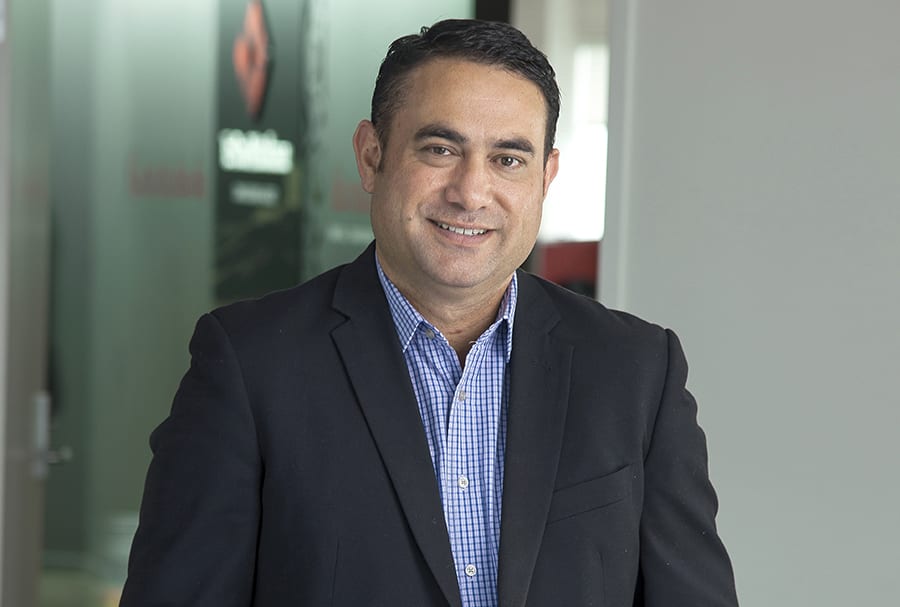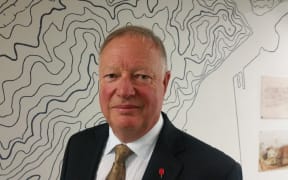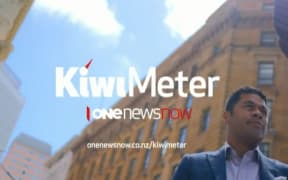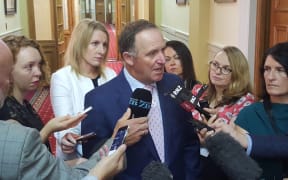Online poll results suggest Māori living in the cities don't always realise they are defined as 'urban Māori', and are potentially missing out on support.

National Urban Māori Authority chief executive Lance Norman said identifying as urban Māori did not take away from iwi affiliations. Photo: SUPPLIED
More than 4000 people took part in the national online identify poll, dubbed the Māorimeter, run by the National Urban Māori Authority (NUMA).
The nickname is a reference to TVNZ's KiwiMeter, which was accused of using questions that showed bias against Māori.
NUMA chief executive, Lance Norman, said the most provocative question in its poll was "are you iwi, urban Māori or both?"
The authority's definition of urban Māori encompassed those tāngata whenua who, in the 1980s, moved from rural areas to the cities.
"It's not a sub-category of iwi-ness. It's just saying 'hey, you now live in the city through urbanisation therefore you are an urban Māori'," he said.
"There are no negative connotations, there's no taking it away from you affiliating to your local iwi as well."
The results showed 50 percent of respondents identified as iwi, followed by 41 percent who identified as both iwi and urban.
Mr Norman said it was a worry that, while 98 percent knew their iwi, 68 percent said they lived outside their traditional tribal land and might also fit into 'urban Māori' but were not aware of that.
They could be missing out on support as a result, which was a concern, he said.
"There's potentially people out there who don't have a collective voice for them over a bunch of activities. [There are groups] who actually can look after and help when you're living in the cities in terms of your health, social services and education needs.
"So if they're not aware they're urban Māori by definition, they probably are not aware there are services available to them."
City providers that could help Māori included Te Whānau O Waipareira, Manukau Urban Māori Authority, Te Kohao Health (in Waikato) and Te Roopu Awhina Ki Porirua in (Wellington).
'Major hole' in data collection
Mr Norman said it would be worth looking at how census data was collected and recorded, so those who did not identify as having an iwi could be looked after more effectively.
He said 85 percent of Māori lived in cities around Aoteaora, and 70 percent lived away from their historical tribal roots.
Census data showed 110,000 Māori in 2013 were not affiliated with an iwi, which meant one in six of all Māori were not receiving any benefits or support from iwi settlements, he said.
"If you don't know that then how do you know who advocates for your rights when you are living in the city? We are trying to start more conversations."
Not being able to get support was a concern, he said, and it would be useful if the next census captured statistics about urban Māori in more detail so NUMA had more to work with.
"I think there's a major hole there because, clearly, if you don't know your iwi, you probably won't know that you're potentially eligible for some iwi grants or scholarships or education programmes so that's clearly a disadvantage to you."
Some people felt they had to make a choice and could not be both urban and iwi as that was somehow being disloyal to their iwi and whakapapa, Mr Norman said.
"They think you have to be one or the other, but it's a concurrent conversation," he said.
"I'm from the furtherest part of New Zealand, Ngāti Kuri, six hours from Auckland. Now I'm proudly an iwi person and proudly on my iwi board, it's just I live in Auckland.
"It shouldn't take away my respect for where I came from, but also [it expresses] my respect for where I live and where my babies live and where they go to school.
"So it's a 'and/and' conversation, not an 'either/or'."
Anyone who thought they might be eligible for help could get more information by contacting NUMA or one of the seven Māori health providers, he said.






